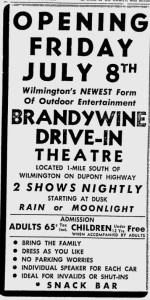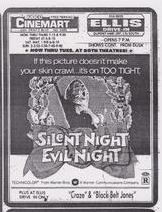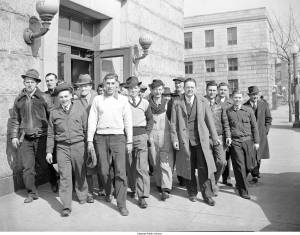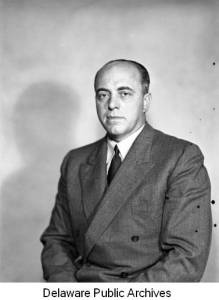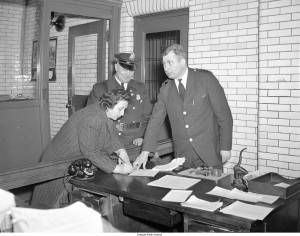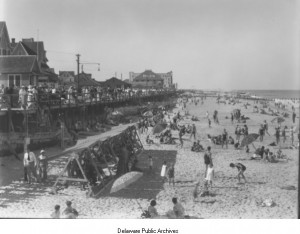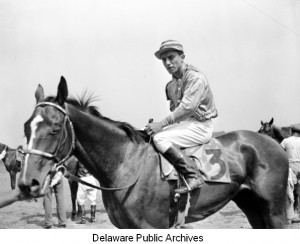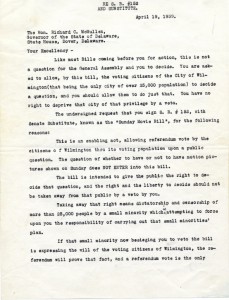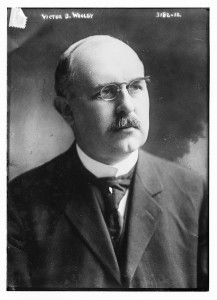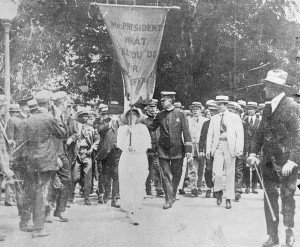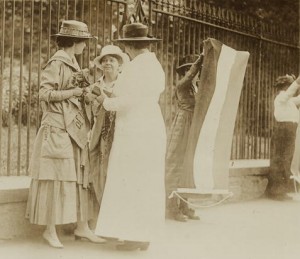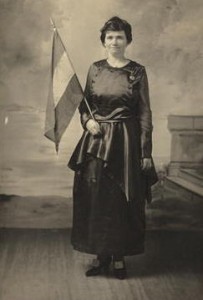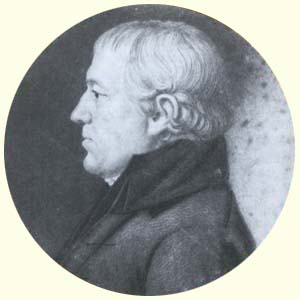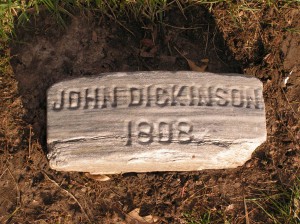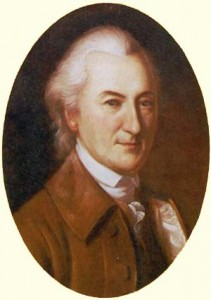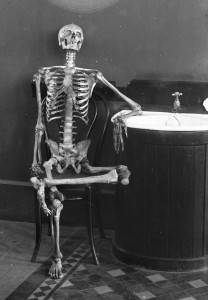Delaware weird laws go to the movies
Weird law: “R” rated movies shall not be shown at drive-in theaters.
Status: true (but not enforced and probably unconstitutional)
This weird Delaware law is a perfect example of a law passed in response to what seemed like a pressing social problem at the time, that has since been rendered irrelevant by changes in technology and social norms.
Delaware’s first drive-in theater opened in 1949 on route 13 south of Wilmington. The Brandywine Drive-In promised affordable family entertainment in the privacy of your own car. Drive-ins were soon a success in Delaware and throughout the United States, reaching a peak of popularity in the 1950s. But by the 1970s drive-ins had fallen on hard times. Many drive-in theaters began showing adult films and low budget exploitation movies to stay in business. This led to complaints from people living near drive-ins that the movies were visible from public streets and homes where children could watch them.
The debate raged nationwide for several years. Some theaters tried to solve the problem by erecting fences, but this was expensive and unattractive. A special screen was even tested which prevented anyone not immediately in front of it from viewing the movie. (It does not seem to have been a success.)
Many municipalities and states passed laws to prevent drive-ins from showing offensive movies if they were visible from outside the theater. Delaware’s law, passed in 1974 (11 Del.C. § 1366) was fairly typical and banned any film “not suitable for minors,” specifically including those rated R. Of all the state laws still in force, it is the only one that specifically bans R-rated movies. Most other states banned X-rated or “obscene” movies, although some states and municipalities banned all movies with any nudity.
In 1975, a case involving a drive-in theater manager arrested for violating a Jacksonville, FL ordinance banning drive-ins from showing films containing nudity (the R-rated sexploitation film Class of ‘74) went to the United States Supreme Court. (Erznoznik v. City of Jacksonville, 422 U.S. 205 (1975)) The court found the Jacksonville ordinance unconstitutionally overbroad and overturned it.
After the Supreme Court’s ruling, the Delaware law remained in the state code, but the provision against R-rated movies doesn’t seem to have been enforced. In this 1975 ad, the Ellis Drive-In (the former Brandywine) is showing the R-rated slasher film Silent Night, Evil Night and in this 2000 photo the Diamond State Drive-In is showing two R-rated movies.
The ability to show R-rated movies didn’t save Delaware’s drive-ins, however. The Diamond State in Felton, the last drive-in theater in Delaware, closed in 2008.
Other states with laws regulating the content of movies shown at drive-in theaters include:
Maine
Me. Rev. Stat. Ann., tit. 17, § 2913
Nebraska
Neb. Rev. Stat. § 28-809
New Mexico
N.M. Stat. Ann. § 30-37-3.1
North Dakota
N.D. Cent. Code § 12.1-27.1-03.2
South Carolina
S.C. Code Ann. § 52-3-100
Vermont
Vt. Stat. Ann., ch. 13, § 2804
